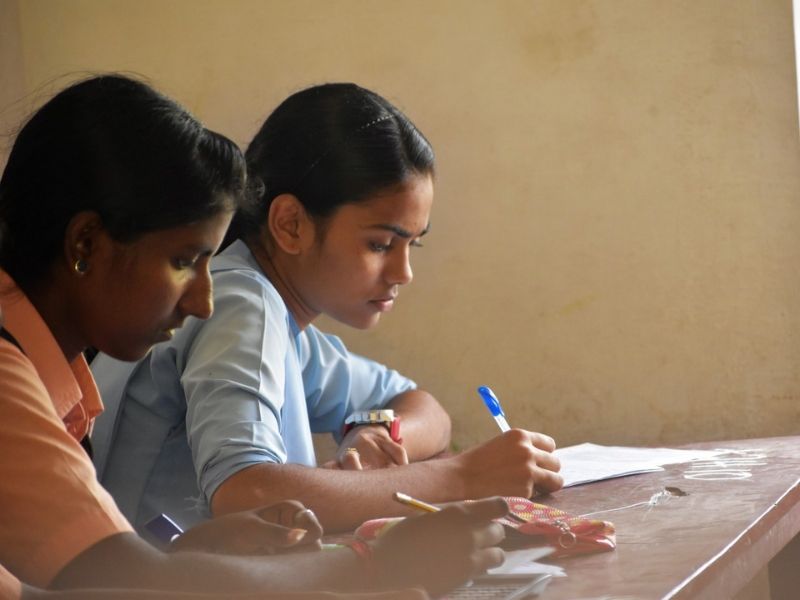Ronita Torcato
“Ridiculous!” “Terrible ! ” “Illogical”
Just three of many negative responses from veteran educators to the proposal of the Maharashtra State Council for Educational Research and Training (SCERT) to reduce the minimum passing marks for Maths and Science to 20 out of 100, from 35 at present, in its new State Curriculum Framework-School Education (SCF – SE).
Significantly, the low marks will have a remark on the certificate that will bar the student from pursuing higher education in mathematics or science. Some teachers though believe that students interested in careers in the arts and humanities, will have no problem whatsoever with the remark.
Education officials assert that this is only a proposal which will be documented in the roll-out of SCF-SE is in its final stages, which is some years away. They point out that students will also have the choice of reappearing for the exam with the aim of scoring above 35 to pass without any remark.
It is pertinent to note that last year (2023), the Mumbai division had recorded a pass percentage of 88.13 per cent.This May, the Maharashtra State Board of Secondary and Higher Secondary Education (MSBSHSE) announced that the Higher Secondary Certificate (HSC) exam pass percentage increased to 91.95 per cent, which is still the lowest in terms of the pass percentage among the nine divisions of the Maharashtra State Board for the third consecutive year.
But with the reduction in passing marks, a larger number of students could clear the two subjects, which may deter dropouts and boost the overall performance in educational institutions.
The state government’s initiative may even encourage schools to pursue improved support systems to help students who find it difficult to cope with maths and science.
Some parents concur that reducing pass marks may lead to a decline in overall academic standards , resulting in students being ill prepared for upcoming challenges.
Students with low scores may lack a proper understanding of critical concepts, which will hinder the pursuit of higher education or employment in fields requiring math and science.
Mrs A.Rao,a retired science educator says, “It will lower the standard for sure, but with such a huge young population, they have to push people out of school to make way for the next lot and send people into the job market anyhow.”
Certainly, lower standards will devalue the qualifications awarded by schools and institutions, raising questions about the competencies of graduates.
Past studies have shown that sizable numbers of students are virtually semi-literate with poor reading, comprehension, spelling and writing skills.
With the proposal becoming a reality, students might adopt a lackadaisal attitude to learning ( not to speak of assessment), on the ground that a minimal effort is required to pass.
Comments a teacher in a suburban institution, ‘There aren’t any standards left, so why bother? Anyway, AI will take over everything, even dumbed down humans.”
However, students are optimistic about the development. Says JS, “I think this is a good initiative only for Maths and Science in the State board as many students cannot cope with these subjects and suffer as a result … In other Boards like ICSE and CBSE, we can drop Maths, Science and Hindi and take up other subjects, so these students don’t really have a problem…”
“They will not get bogged down at Class 10 level and eventually drop out,” says a member of the Maharashtra School Principals’ Association. Students who can not opt for combinations like PCM (Physics, Chemistry, and Mathematics), PCB (Physics, Chemistry, and Biology), and PCMB (Physics, Chemistry, Mathematics, and Biology) after securing lower marks, can settle for Arts and Commerce instead.
